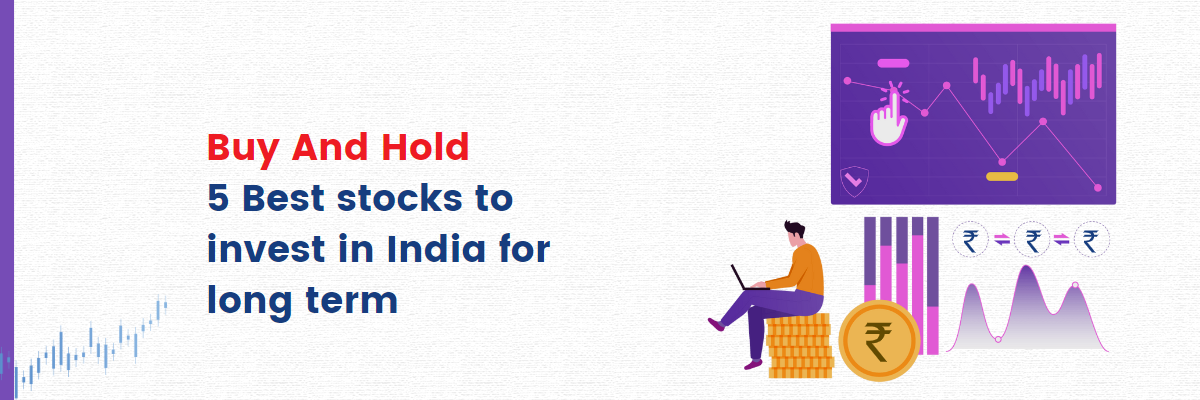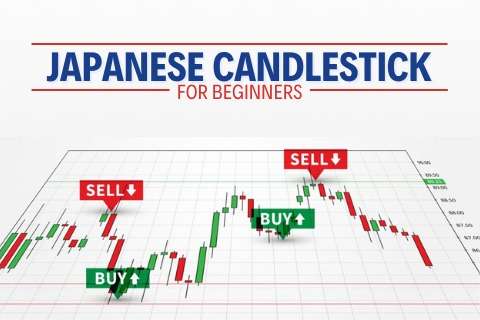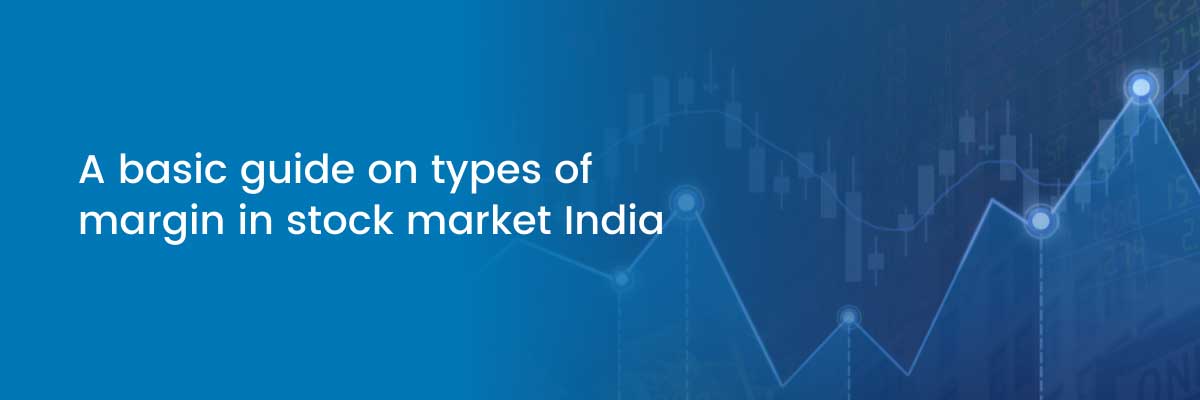What is ETF?
What does ETF stand for? An ETF stands for Exchange Traded Fund, which unlike regular Mutual Funds trades like a common stock on a stock exchange. The units of an ETF are usually bought and sold through a registered broker of recognized stock exchanges. The units of an ETF are listed in stock exchanges and the NAV varies as per market movements.
Since units of an ETF are listed in the stock exchange only, they are not bought and sold like any normal open-ended equity fund. An investor can buy as many units as he/she wishes without any restriction through the exchange.
In simple terms, ETFs are funds that track indexes such as CNX Nifty or BSE Sensex, etc. When you buy shares/units of an ETF, you are buying shares/units of a portfolio that tracks the yield and return of its native index.
The main difference between ETFs and other types of index funds is that ETFs don't try to outperform their corresponding index, but simply replicate the performance of the Index. They don't try to beat the market, they try to be the market.
ETFs typically have higher daily liquidity and lower fees than Mutual Fund schemes, making them an attractive alternative for individual investors. I hope this answers your question what is EFT?
Why should you invest in ETF?
If you are looking to invest in stocks but don’t have the time and research capabilities to choose the appropriate stocks for your portfolio, ETFs are a great savior! Easily you can invest in ETF. ETFs, help you participate in the stock market with much more ease than investing in individual stocks without compromising liquidity. They offer greater diversification at a lower cost compared to direct stock investing.
An ETF or Exchange Traded Fund is a type of mutual fund listed on the stock exchange and can be traded in real-time like any other stock listed on the exchange. Since ETFs are a type of mutual fund, their portfolio comprises a basket of securities that mirror the composition of a market index. Thus, you get to invest in selected stocks that are part of a market index without having to spend your time and energy in researching to select few stocks. ETFs are cost-effective not just compared to stock investing but also other categories of Mutual funds due to their low expense ratio.
ETFs are also available in the bond market, allowing you to gain exposure to the debt asset class just like any Debt Mutual Fund. You can cost-effectively invest in a broad basket of company bonds or stocks depending on your investment needs and trade in them just like stocks or bonds.
What are the Benefits of Exchange-Traded Fund?
ETFs mimic a popular index, carry all securities held in the index, and offer greater diversification over mutual funds. The mimicking strategy (passive fund management) results in fewer transactions than actively managed funds that frequently buy or sell securities from their portfolio to show higher returns than their benchmark.
This churn in actively managed mutual funds leads to higher tax incidence since the funds have to pay STT (Securities Transaction Tax) and capital gains tax while buying or selling securities within their portfolio. Thus ETFs are more tax-efficient than other mutual funds.
ETFs also have a lower expense ratio compared to actively managed mutual funds which must employ highly skilled fund managers for generating active returns i.e returns higher than their benchmark index.
ETFs offer more convenience and liquidity to investors since they are listed on exchanges and trade like stocks. Investors can transact in ETF funds any time during market hours at real-time prices, unlike actively managed mutual funds where NAV is computed only once a day after the market closes. If you are unsure about equity investing, ETFs are your starting point!!
What are the limitations of ETF?
ETFs are passive investment tools that track an underlying index and trade on exchanges just like shares. But ETFs need to be bought and sold from the exchange through a broker. You need to have a Demat account to trade in ETFs and need to pay commission to the broker for every transaction. If you are tempted to invest in ETFs to capitalize on their real-time trading, the commission cost can lower your returns over time.
Secondly, ETFs don’t offer the benefit of rupee cost averaging that is available in mutual funds through SIP. If you want to make regular investments in ETFs, you’ll also have to bear the commission cost on every transaction. ETFs don’t offer features like growth and dividend options where investors can choose an option best suited to their financial goals. For instance, ETFs can’t meet the requirement of a retiree seeking regular income or someone seeking dividend payout on regular basis.
Some ETFs are niche or sector-specific and are thinly traded. Investors could face a wide bid/ask spread (the deviation in the current price of ETF from its NAV) while transacting in ETFs. While ETFs offer intraday trading opportunities that may be tempting in the short term, they could be detrimental to a long-term financial plan. So what are you waiting for? With us it's easier and hassle-free to invest in ETF.
What are the types of ETF?
Index-Based ETF – The index ETF is a replica of the index which they are representing. In India, we broadly have Nifty 50 and Sensex 30 index. Along with this broader index, there are other ETFs that replica of the index like Nifty next 50, Nifty Midcap 150.
Thematic Index-Based ETF – These are theme-based or sector-based ETFs. For example, we have IT ETF, Banking ETF, PSU Bank ETF which are a replica of the index of the theme of Nifty.
Bond / Debt ETF: These are funds that only invest into debt or bonds. Normally there are liquid ETF, Govt. Bond ETF and PSU Bank bond ETF.
Gold ETF:
- The ETF only invests in a Gold commodity.
Other ETF:
- There are specific ETFs that are linked to a volatility index, dividend yield opportunity, etc.
What are the risks of investing in ETF?
ETFs offer diversification benefits at a low cost. In spite of these benefits, one should make note of the risks that are involved with such investments. Firstly, there are many kinds of ETFs available in the market including international and exotic ones. Hence selecting the right ETF to meet your need is the key to avoiding additional risks like political risk and liquidity risk that may be associated with these ETFs. ETFs can also be exposed to counterparty risk and currency risk depending on their underlying holdings.
ETFs can have different structures depending on what they invest in and how they distribute the capital gains from the portfolio. This can affect the tax liability for the investor. For instance, ETFs using in-kind exchanges do not distribute capital gains to end investors while ETFs involving derivatives or commodities may have complex structures and tax implications. Unless an investor is aware of these things, he may be caught off-guard.
ETFs are exposed to market risks like stocks and other Mutual Funds in spite of their diversification benefits. The broader the index an ETF tracks, the lesser will be its market risk but it can’t be completely eliminated. ETFs face tracking error i.e. their return will deviate from the return of the underlying index because an ETF incurs certain expenses that the index doesn’t face.
So that was it about ETF to invest in ETFs kidly click here and to explore more investment opportunities click here.




_60c60284574c0.jpg)


